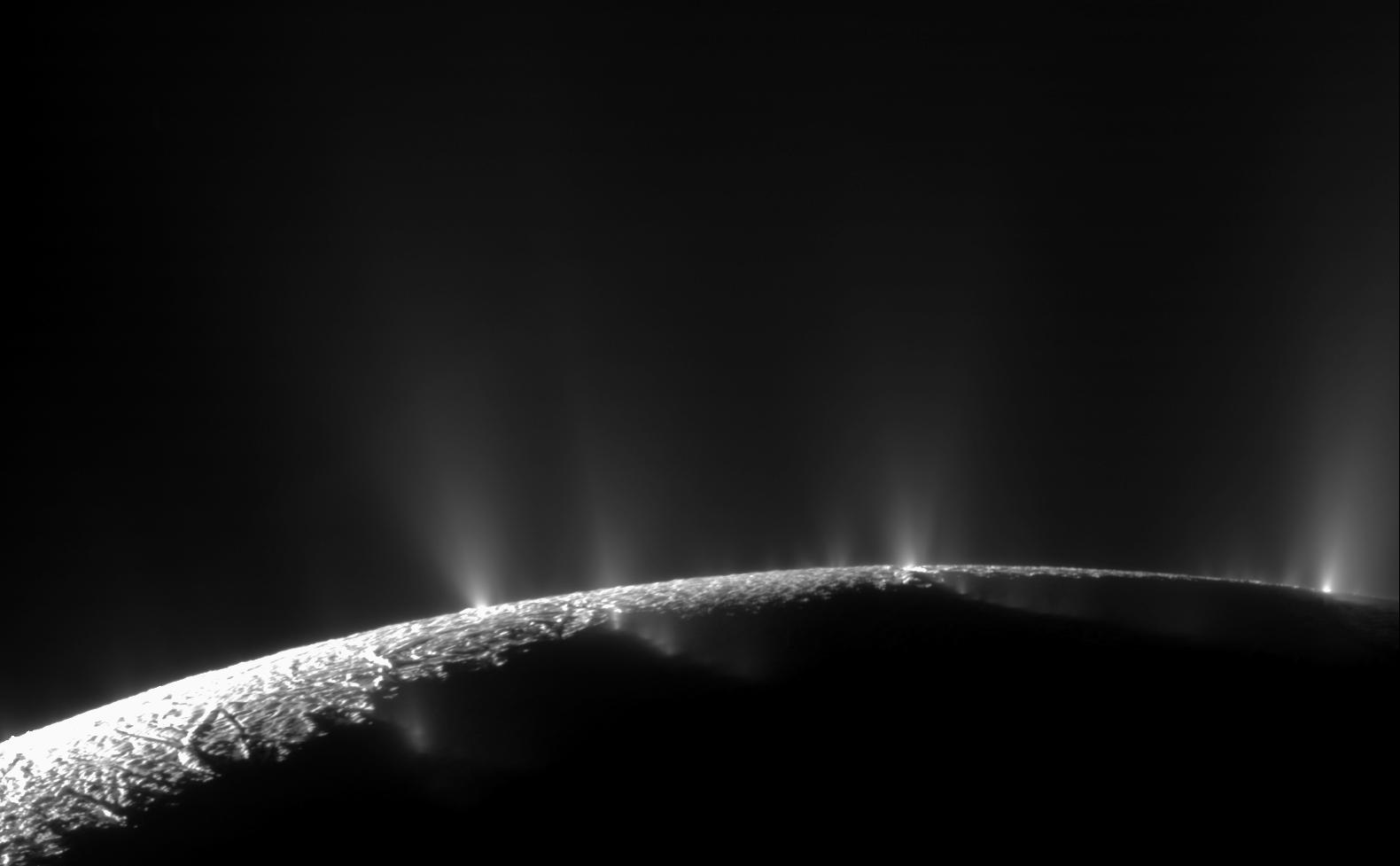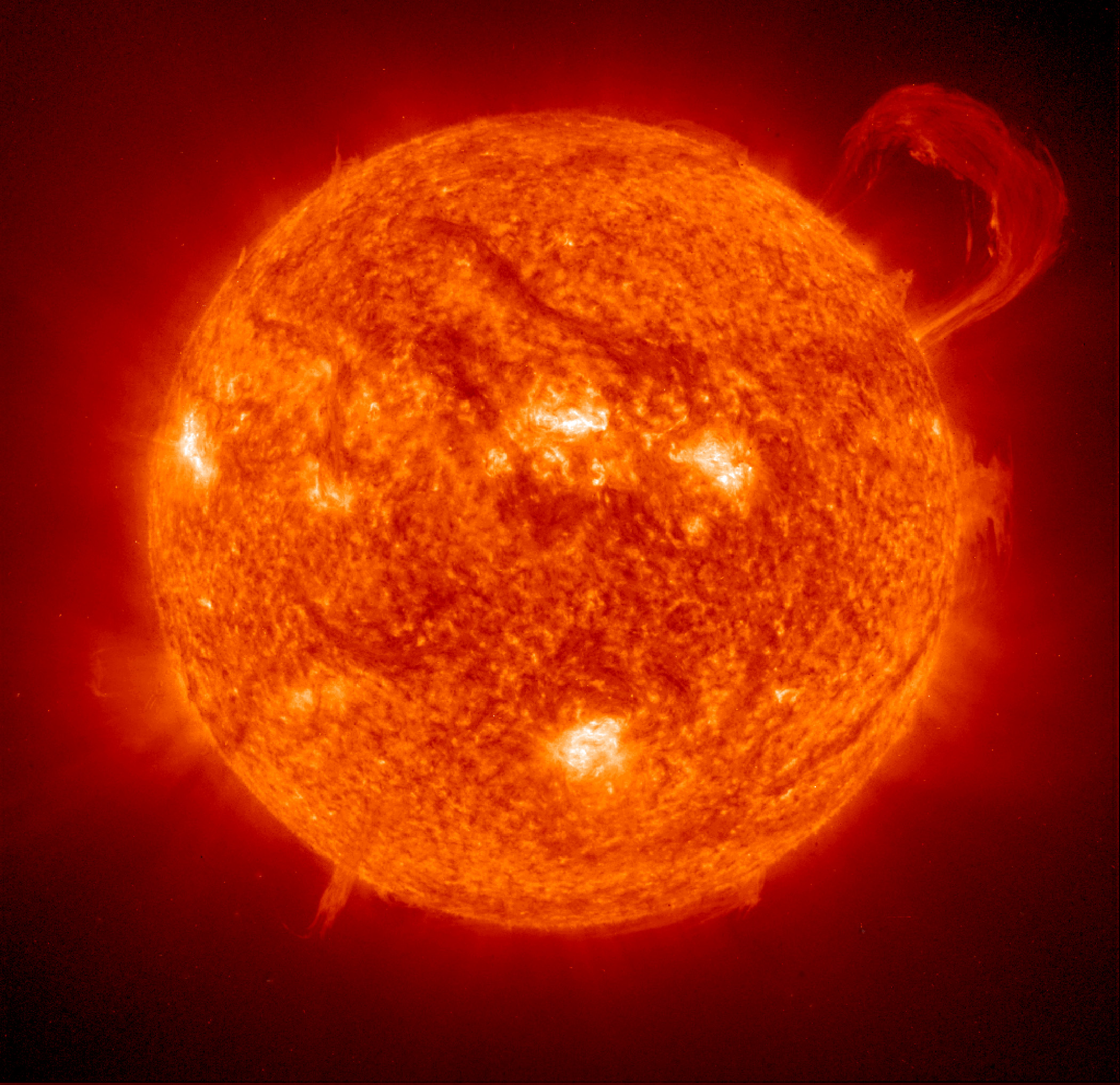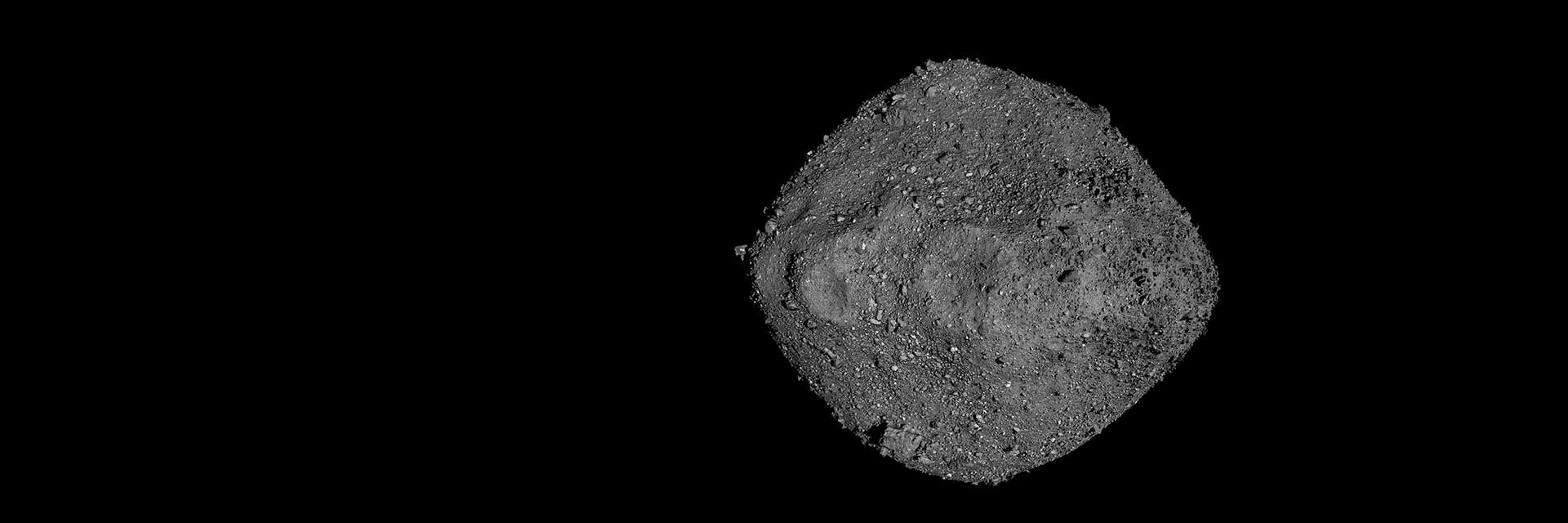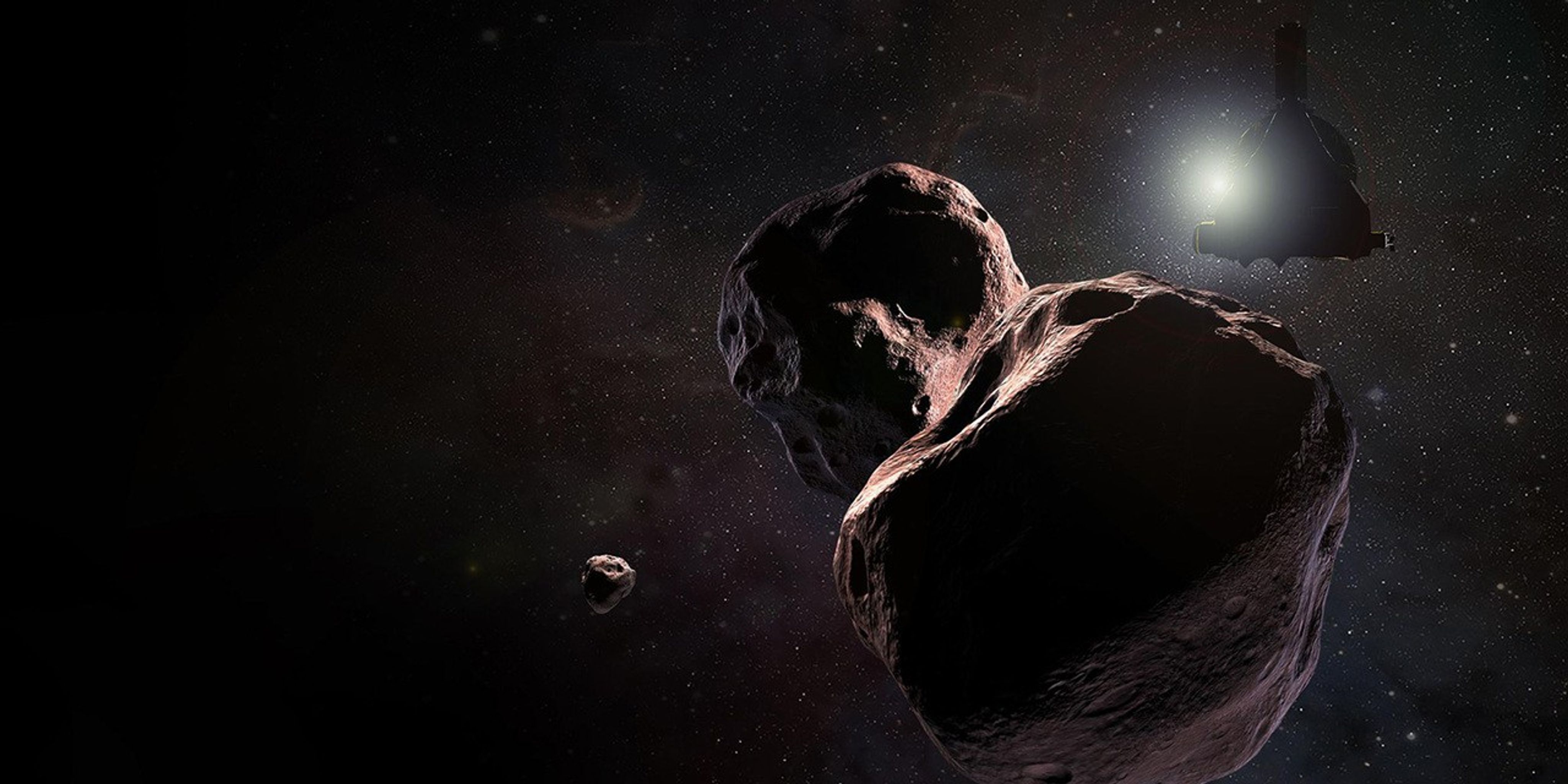3 min read
The most recent spacecraft telemetry was acquired on Dec. 28 from the Deep Space Network tracking complex at Madrid, Spain. The Cassini spacecraft is in an excellent state of health and all subsystems are operating normally. Information on the present position and speed of the Cassini spacecraft may be found on the "Present Position" page at: http://saturn.jpl.nasa.gov/mission/presentposition/ .
The most recent spacecraft telemetry was acquired on Dec. 28 from the Deep Space Network tracking complex at Madrid, Spain. The Cassini spacecraft is in an excellent state of health and all subsystems are operating normally. Information on the present position and speed of the Cassini spacecraft may be found on the "Present Position" page at: http://saturn.jpl.nasa.gov/mission/presentposition/.
Wednesday, Dec. 22 (DOY 356)
Cassini completed its 6,000th planned DSN pass since launch today. This pass is for the Enceladus 13 (E13) dual playback over DSS63 at Madrid. The pass started at 2010-356T02:25:00 Earth Received Time (ERT).
Thursday, Dec. 23 (DOY 357)
Orbit Trim Maneuver (OTM) #272, the E13 cleanup maneuver planned for Dec. 24, was cancelled. Analysis performed with the Orbit Determination (OD) solution released by the Navigation Team indicated that the largest deviation was a 0.33 mrad pointing error at Dione during the DOY 354 VIMS observations. Cancelling the maneuver was possible thanks to an accurate Enceladus flyby and an upcoming deterministic targeting maneuver.
Friday, Dec. 24 (DOY 358)
Six years ago the Cassini flight team celebrated the holiday season with the successful release of the Huygens Probe on Dec. 24, 2004.
Monday, Dec. 27 (DOY 361)
In this week's science observations, the Imaging Science Subsystem (ISS) performed an 11 hour observation of the irregular moon Siarnaq. ISS, the Composite Infrared Spectrometer (CIRS), and the Visual and Infrared Mapping Spectrometer (VIMS) performed several observations in the Titan monitoring campaign. ISS performed further observations in support of its Satellite Orbit Determination Campaign. The Ultraviolet Imaging Spectrograph (UVIS) and VIMS performed a 10 hour observation of Saturn's aurora. The Cassini Plasma Spectrometer (CAPS) performed a 7 hour low latitude apoapsis observation and a 4 hour calibration. The Magnetometer performed a 10.5 hour calibration while rolling the spacecraft about its X-axis. UVIS completed two 32 hour scans of Saturn's magnetosphere.
Tuesday, Dec. 28 (DOY 362)
The Downlink Ground System (DGS) team performed several tests in the month of December. Testing of the Multi-Mission Gplot software identified a problem which resulted in a Mission Control, Data Management, & Spacecraft Analysis (MDAS) suggested workaround which was arduous. The DGS team is currently working with MDAS on a better solution. High-level testing of Virtual Circuit with Multicast was completed, but additional future testing remains to be performed with other teams to verify it works in other cases.







